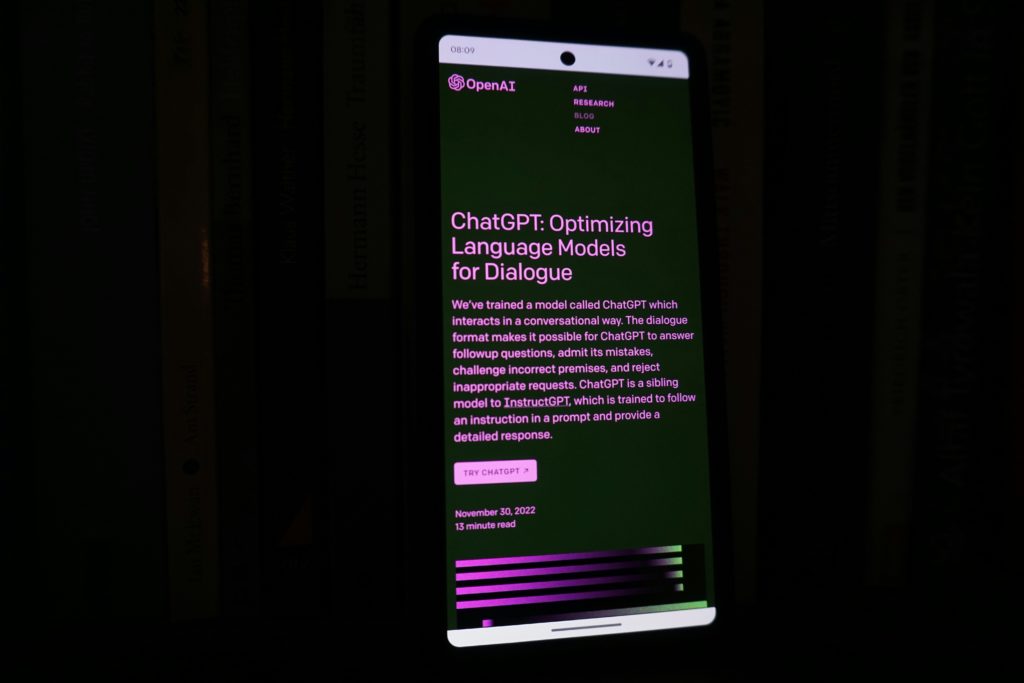With AI scams on the rise, these schemes leverage sophisticated artificial intelligence to create believable fake profiles and exploit victims emotionally and financially. The number of dating platforms continues to grow and the question arises – how to protect the user from romance scams using AI? In our topic, we will try to detail the practices that can be used to make online dating safe and trustworthy.

According to statistics, the number of fraud cases is constantly growing. What part of them do you think is occupied by scams in love relationships? About a third of the total. And since the advent of AI, there have been many new ways in which fraud has become more sophisticated and difficult to detect.
The hallmark of this type of scam is the use of artificial intelligence technology to manipulate a person into feeling like they are in a real romantic relationship. The techniques and methods used in AI romance scams are varied. Fraudsters use AI to create realistic profiles, write texts for chats, and even create deepfakes such as videos and voice calls. And all this is so realistic that it often creates a strong basis for trust and manipulation of the victim, which subsequently leads to significant emotional and financial losses.
Fraudsters are programming AI to create fake profiles that imitate real users. These fake profiles contain photos and personal data of users taken from the public domain.
Deepfake technology helps create video and audio content that looks realistic. The scammer can superimpose their face onto another person’s face during a video call or make AI-powered voice calls that sound very human.

Once the scammer has chosen a victim, he/she uses AI to tailor the fake profile to suit the interests of the person he wants to deceive. Behavioral analysis takes fraud to the next level. AI reveals a person’s “weaknesses” and helps the scammer understand the victim’s likes, dislikes, and emotional triggers. This makes fraud very effective and difficult to detect.
Be careful in your interactions if someone you recently met online immediately starts declaring their love or asks you for financial help especially if this is accompanied by words about urgency or a sudden situation and requests to pay with cryptocurrency or a gift card. Don’t trust photos if they look too perfect.
Other red flags include gaps in romance scammer stories, poorly written messages, and reluctance to meet in person. Fraudsters will refuse video calls or invent circumstances to postpone in-person meetings. With this knowledge, people can recognize scams at an early stage.
Online platforms can use AI-powered systems to detect if anything seems suspicious about their online profiles and interactions.
Such systems analyze behavior patterns, language use, and profile details to point to a potential scammer. This allows platforms to prevent fraud using new technologies.
The artificial intelligence system includes NLP functions allowing you to analyze messages for predefined answers and typical fraudulent phrases. With image recognition, you can spot profile photos used elsewhere on the Internet under different names and flag them as fake.
Authenticating voice call patterns using voice biometrics will prevent AI voice fraud, and continuous activity monitoring will identify any irregular events that indicate fraudulent activity.
Clients should be aware of the risks and warning signs associated with romance scams. Awareness can be raised through informational articles, videos, and webinars for a wide audience. This could include hosting webinars and seminars where experts discuss how to spot and avoid scams, regularly publishing blogs and articles on new scam tricks and protections, and using social media platforms to promote the risks of artificial intelligence.

Ask users to be careful about sharing personal information and to check the authenticity of profiles, as most of the data these scammers are looking to make money from comes from profiles.
Another way to ensure security is to encourage clients to use the security features that come with the platforms, such as verified profiles and communication lines.
Safety recommendations include using platforms that offer profile verification, gradually building trust before sharing personal information, and continually checking for inconsistencies in the information potential partners provide.
Stories from victims of these AI love scams can demonstrate the damage they cause. And the experiences of victims will provide some insight into the functioning and development of these scams.

Online platforms should provide clear instructions on how consumers will report fraud and seek help. Support resources can take many forms, such as dedicated hotlines and programs that support financial recovery, to recoup lost funds and act as fraud prevention advisors to avoid becoming a victim of fraud in the future.
AI-driven romance scams are a grave threat that necessitates a multifaceted approach to counter. Technology, education, and stakeholder partnerships are the ways to protect customers from these modern, sophisticated scams and ensure safety and trust in online platforms. That’s essential for maintaining a healthy and safe digital environment.